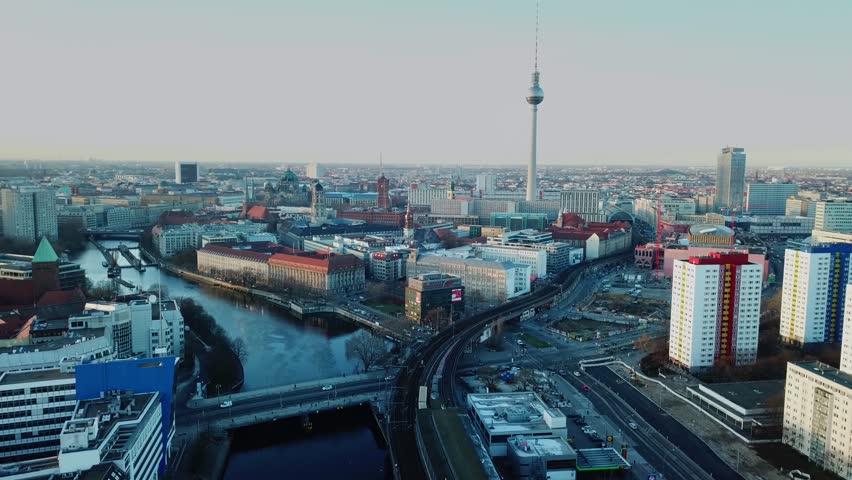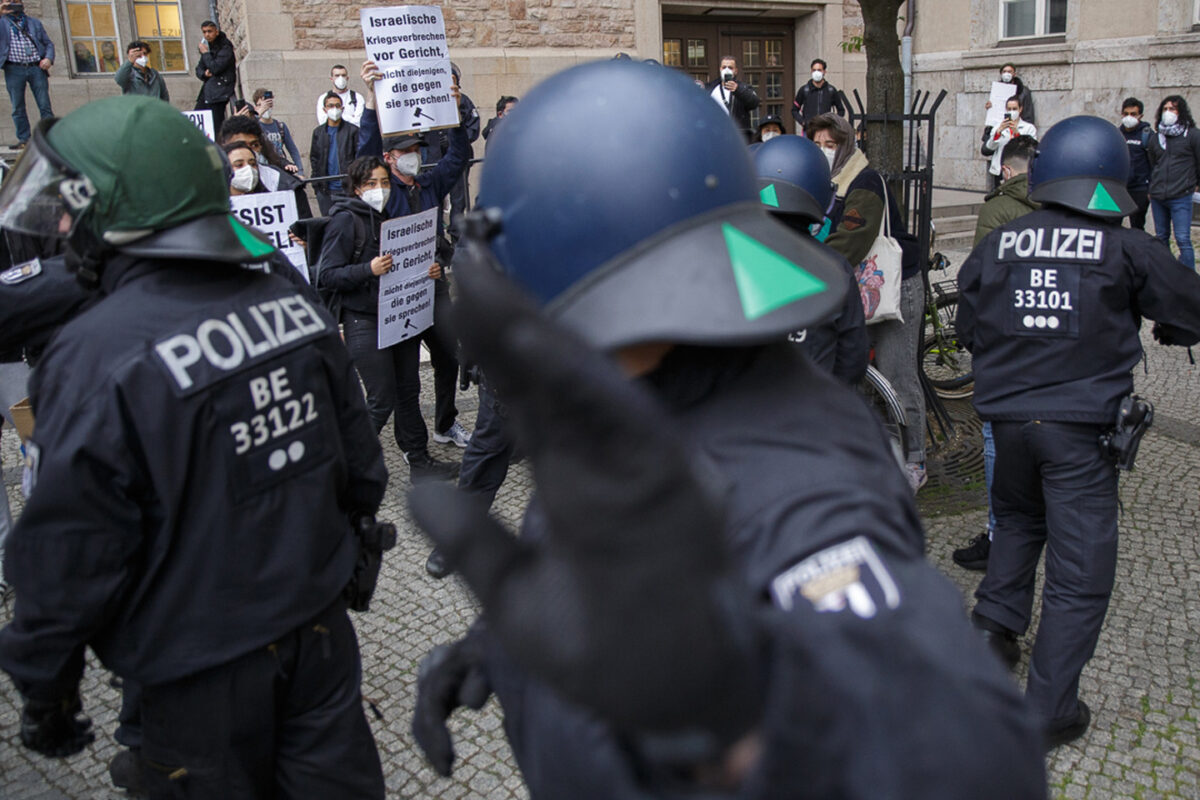NEWS FROM BERLIN
Car ban in Berlin put on the brakes
The initiative “Volksentscheid Berlin Autofrei” (Berlin Car Free Referendum), which seeks for a ban on cars within Berlin’s S-Bahn ring, seems to have lost its current round: the way to a referendum was blocked by the Senate for the time being. For one thing, Berlin’s interior administration considers the draft law submitted for review to be inadmissible. Besides, the transport administration under Senator Bettina Jarasch (Greens) reflects it as politically unsocial. “We need car-free neighbourhoods and green oases, but not a car-free inner city,” Jarasch stressed. Source: nd.
The street that doesn’t interest anyone
For a long time, drawings and old telephones as audio guides about GDR times could be admired in the “Café Sibylle”, on Karl-Marx-Allee. But what can be seen there today since its reopening in 2018 has little to do with that. Achim Bahr, the chairman of the non-profit association Stalinbauten campaigns for the preservation of the cultural heritage along Karl-Marx-Allee, is more than disappointed with the current situation. For the Corbusier House and the Hansa Quarter, which also apply for cultural heritage status, there are rooms for exhibitions and information. On Karl-Marx-Allee, however, there is nothing similar to this. Source: nd.
NEWS FROM GERMANY
Baerbock speaks out in favour of NATO expansion
The 30 NATO foreign ministers are in Berlin to discuss the Ukraine war and the admission of new members. Foreign Minister Annalena Baerbock (“die Grünen”) has held out the prospect of Sweden and Finland quickly joining NATO. The German government has already held talks with “all democratic parties”. According to Baerbock, numerous other NATO countries have also promised a rapid ratification process, too. Turkish President Recep Tayyip Erdogan, on the other hand, has said Scandinavian countries were virtually “guest houses for terrorist organisations”. As expected, the enlargement plans have been met with rejection in Moscow. Source: DW.
Prosecutor demands five years in prison for 101-year-old defendant
In the trial of an alleged former guard of Sachsenhausen concentration camp, the prosecution demanded a five-year prison sentence for the 101-year-old accused. There is no doubt that Josef S. worked as an SS man in Sachsenhausen, said prosecutor Cyrill Klement. The accused had not only put up with the conditions in the camp, but had even made a career there, Klement added. He did not take the opportunity to be transferred to the front, either. The prosecution accuses Josef S. of aiding and abetting cruel and insidious murder in more than 3,500 cases. Source: rbb.
Former chancellor to be given up
The office of former Chancellor Gerhard Schröder is to be officially given up. This is what the budget committee of the Bundestag wants to decide in its session on Thursday. Although terms like “Putin”, “Russia” or “Gazprom” do not come up, Schröder has been criticised for his closeness to Russian President. Instead, the liquidation is justified by the fact that “former Chancellor Schröder no longer has any continuing obligations from office.” The staff remaining in the office should wind up the office. The posts would not be filled after 19 May, and the holders would take on other duties outside the office. Source: taz.
Meat consumption is the problem
The German government wants to reduce the use of biofuels, which is long overdue. At a time when food shortages are looming worldwide, it is not justifiable to ferment grain into biofuel instead of feeding people with it. However, such debate ignores the place where the most food is wasted: the trough. Of the grain grown in Germany, about 20 per cent ends up directly on the plate, just under 10 per cent becomes fuel, and almost 60 per cent is used as animal feed. In the end, the animals fed with it also serve human nutrition. But direct use would feed many more people. Source: taz



